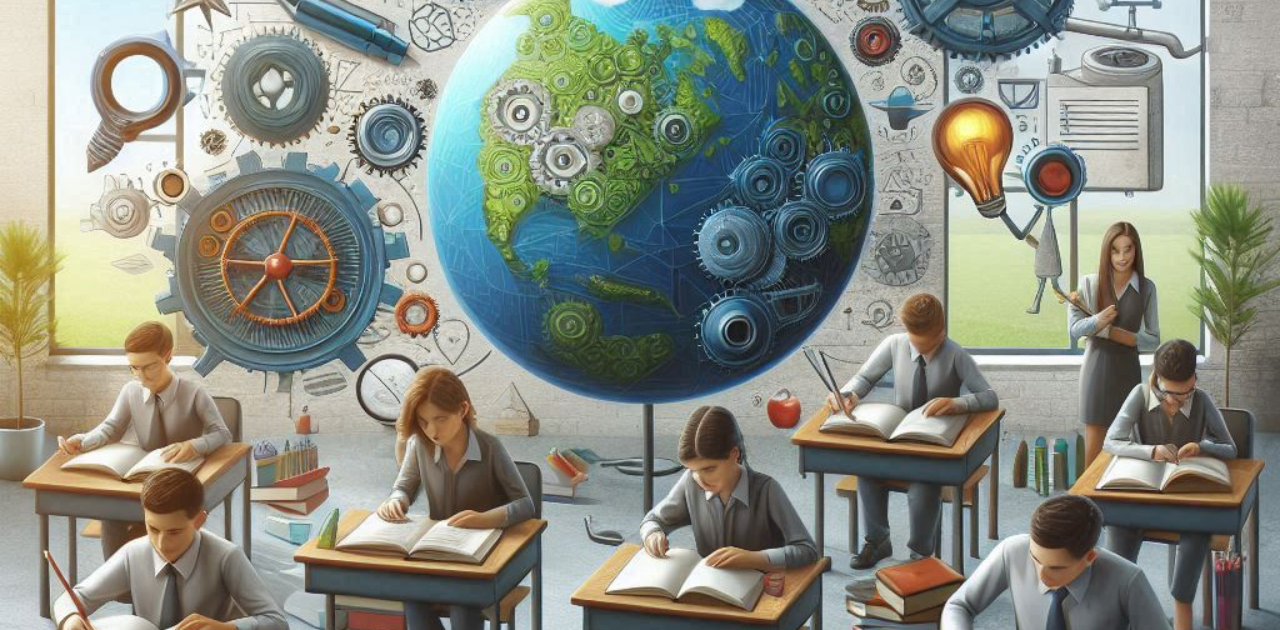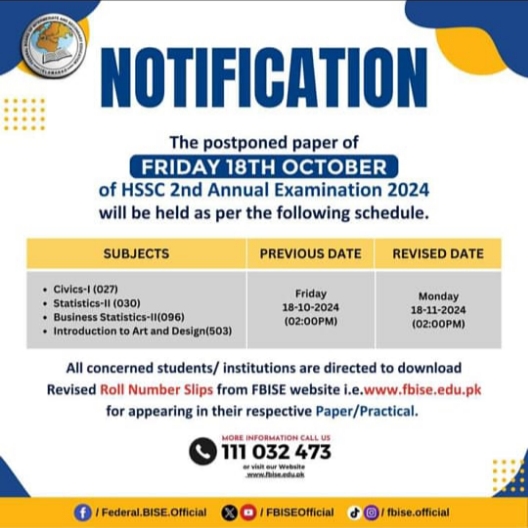Climate Change Education: Empowering the Next Generation
Contents
Climate Change Education: Empowering the Next Generation
Introduction
Climate change is one of the most pressing challenges of our time, with far-reaching implications for societies and ecosystems. Education plays an important role in promoting understanding, promoting responsible behavior, and empowering individuals to contribute to climate solutions. This article explores the importance of climate change education, its key components, and the benefits it can offer.

The importance of climate change education
- Raising awareness: Climate change education helps people understand the causes, impacts and possible consequences of climate change.
- Developing critical thinking: It equips individuals with the skills to analyze complex environmental issues and critically evaluate information.
- Promoting environmental stewardship: By understanding the interconnectedness of humans and the environment, climate education promotes responsible behavior and conservation.
- Building Environmental Literacy: It enables individuals to make informed decisions about their lives and communities in the face of climate change.
- Preparing Future Leaders: Climate education empowers youth to become leaders in addressing environmental challenges and building a sustainable future.

Key components of climate change education
- Scientific Understanding: Teaching the fundamentals of climate science, including greenhouse gases, global warming, and climate patterns.
- Impacts and risks: Local, regional and global impacts of climate change, such as extreme weather events, sea level rise, and loss of biodiversity.
- MITIGATION AND ADAPTATION: Understanding strategies for reducing greenhouse gas emissions (mitigation) and preparing for the effects of climate change (adaptation).
- Sustainable Development: Integrating climate change into broader education about sustainable development, resource management, and renewable energy.
- Critical Thinking and Problem Solving: Developing skills to analyze complex environmental problems, evaluate information and propose solutions.
Table: Climate Change Education Goals
| Round | Description |
|---|---|
| Knowledge and understanding Developing a strong foundation in climate science | |
| Skills and Abilities Building critical thinking, problem solving, and communication skills | |
| Attitudes and Values | Promoting environmental responsibility and compassion |
| Action and engagement Empowering students to take action on climate change |
Benefits of Climate Change Education
- Informed Decision Making: Climate educated individuals can make informed choices about consumption, transportation and energy use.
- Enhanced Resilience: Understanding climate risks can help communities build resilience to climate impacts.
- Innovation and entrepreneurship: Climate education can inspire innovative solutions and new green businesses.
- Global Citizenship: It promotes a sense of global responsibility and cooperation in addressing environmental challenges.
Frequently Asked Questions
Question: How can climate change education be integrated into the curriculum?
- A: Climate change can be covered in a variety of subjects, such as science, geography, history, and social studies.
Question: What role do teachers play in climate change education? - A: Teachers are critical in providing quality climate education and motivating students to become climate advocates.
- Question: How can we make climate change education more engaging for students?
- A: Adding real-world examples, hands-on activities, and student-centered learning methods can increase engagement.
Result
Climate change education is essential to building a sustainable future. By equipping individuals with climate change knowledge, skills and values, we can empower them to become active participants in addressing this global challenge. An investment in climate change education is an investment in our planet and future generations.

Would you like to focus on a particular aspect of climate change education, such as its role in early childhood education or the importance of teacher training?








